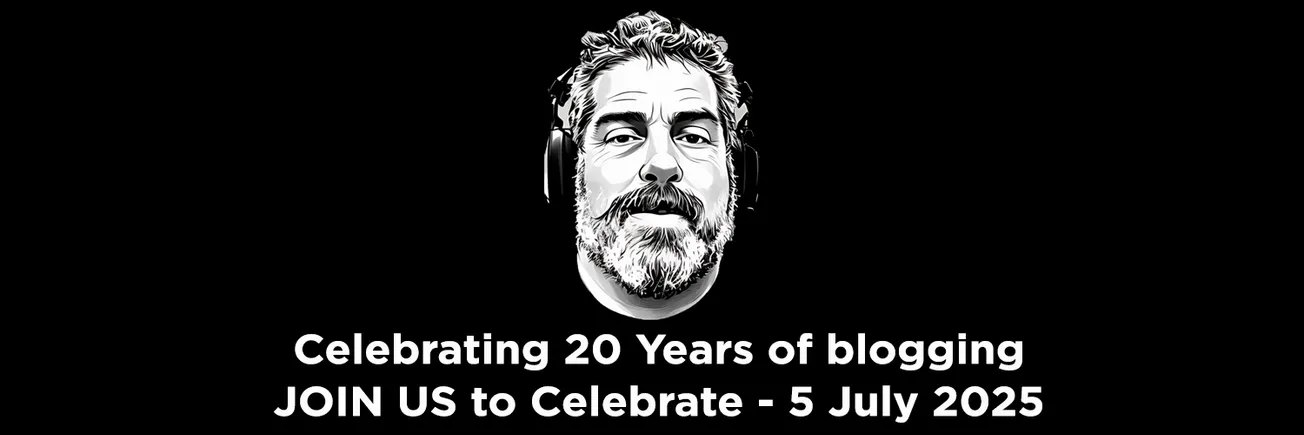Table of Contents
There is a lamentable tendency in some circles to dismiss the Humanities as irrelevant and unnecessary. This is a mistake. Understandable, perhaps, when Humanities departments have been so assiduously white-anted by Marxists, but that kind of misses the point. Just because a bunch of loons are in the driver’s seat doesn’t make the vehicle worthless.
Even H G Wells satirised those who thought that the world should be rid of “novels and poetry swipes” for the narrowness of their mindset. That’s what the Humanities, properly taught, do: they open minds and broaden horizons.
Unfortunately, the Humanities are not being properly taught. They’re being smothered by suffocating identity politics, and a generation of students are the worse off for it.
The last gasp of identity politics in the humanities will be an empty lecture theatre.
Consider two scenarios, with different presentations of a famously difficult work.
In the first one, a teacher begins a discussion of TS Eliot’s 1922 poem The Waste Land, one of the celebrated works of the 20th century.
In Spiderman 2, scientist Otto Octavius talks about trying to describe Einstein to his future wife, while she tried to explain T S Eliot. “I still don’t understand what he was talking about. I’m serious. T S Eliot is more complicated than advanced science.” An exaggeration, but Octavius has a point. Eliot’s poem packs in everything from Petronius to Pound, Chaucer to Walt Whitman.
One couldn’t find a more dense expression of the Western tradition.
A good teacher leads students through it with long explanations of each allusion and metaphor. Yet the students are intrigued. Eliot’s mood of despair captures a good number of them, as it did two generations of intellectuals in the Anglo-American world from 1920 to 1960, and the students enjoy tracking the allusions to all those distant masterpieces and mythical figures. When I play the finale of Tristan, Liebestod (“love-death”), they experience a romantic passion that lifts them above the easy pleasures of modern love — exactly what Eliot wanted.
Eliot’s particular genius was to creat a work at once so dense and complicated, yet also enjoyable on its own merits. I’d confess to not understanding the half of what Eliot was getting at, yet The Waste Land is immensely moving reading anyway. But just as Feynman argued that understanding physics deepened his appreciation of a rose, really understanding these works deepens our appreciation and broadens our minds.
What happens to that classroom when identity politics take over in our second scenario?
Everything looks different…identity crimes colour the entire presentation of the verse. The atmosphere in the classroom shifts from inspiration to guilt.
Forget beauty and form and profundity.
While that kind of mindset obviously appeals to a minority of natural-born inquisitors and flagellants, few people take joy in being hectored and punished.
In the US where I have taught English for 35 years, many classrooms have slipped into identity politics drills. From the 1980s, when the Western canon was reduced to “dead white males”, to the 2010s talk of “triggers” and “micro-aggressions”, the humanities seminar has turned into a puritanical drama.
The climate is unpleasant. That’s why the English major is down more than 20 per cent since 2011.
One of my sons started studying English and History at university. After the first year, he dropped out (after a year away, he’s steeling himself for another crack), because the atmosphere in the classes was so toxic. Everything was about politics, and just one brand of politics: belligerent Marxist identity politics. If you disagreed with the Marxist line, “There was no way you could say openly what you really think”.
One student was openly called a “fascist” by a lecturer, just for admitting that he was a Christian.
“Watch what you say” — that’s the rule in the new classroom. This is the opposite of education, and it’s not going to yield a vibrant literary culture and a cohort of literary readers. Identity politics are anti-intellectual and anti-aesthetic, for they discourage free thought about and impassioned reactions to great literature.
theaustralian
It’s easy to be smug and smirk, “learn to code”, but that’s as stultifying groupthink as anything from the left. Why should someone be forced into that box any more than the leftist box? My son would hate it: he genuinely loves English and wants to be a writer and teacher. The world needs both, and it especially needs practitioners who are not thoroughly blanketed in Marxist dogma. Until the Humanities are liberated from the left, we’re all that much worse off.






